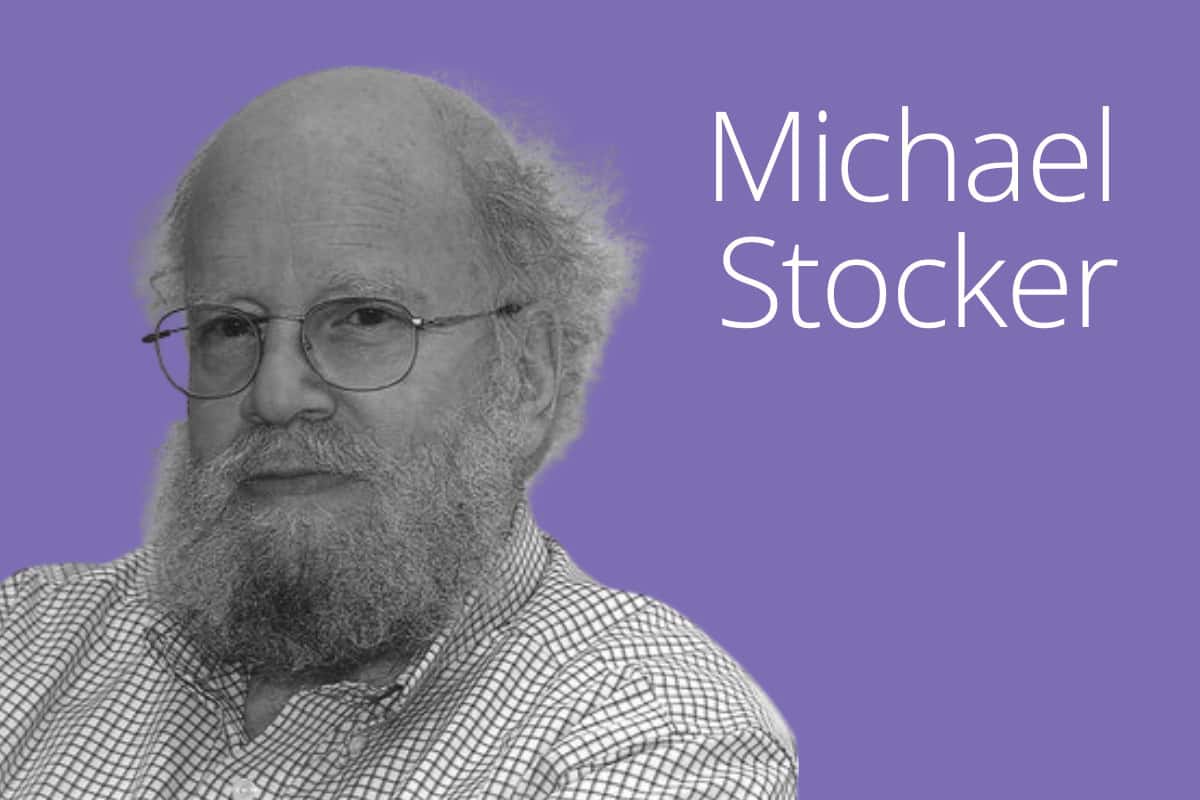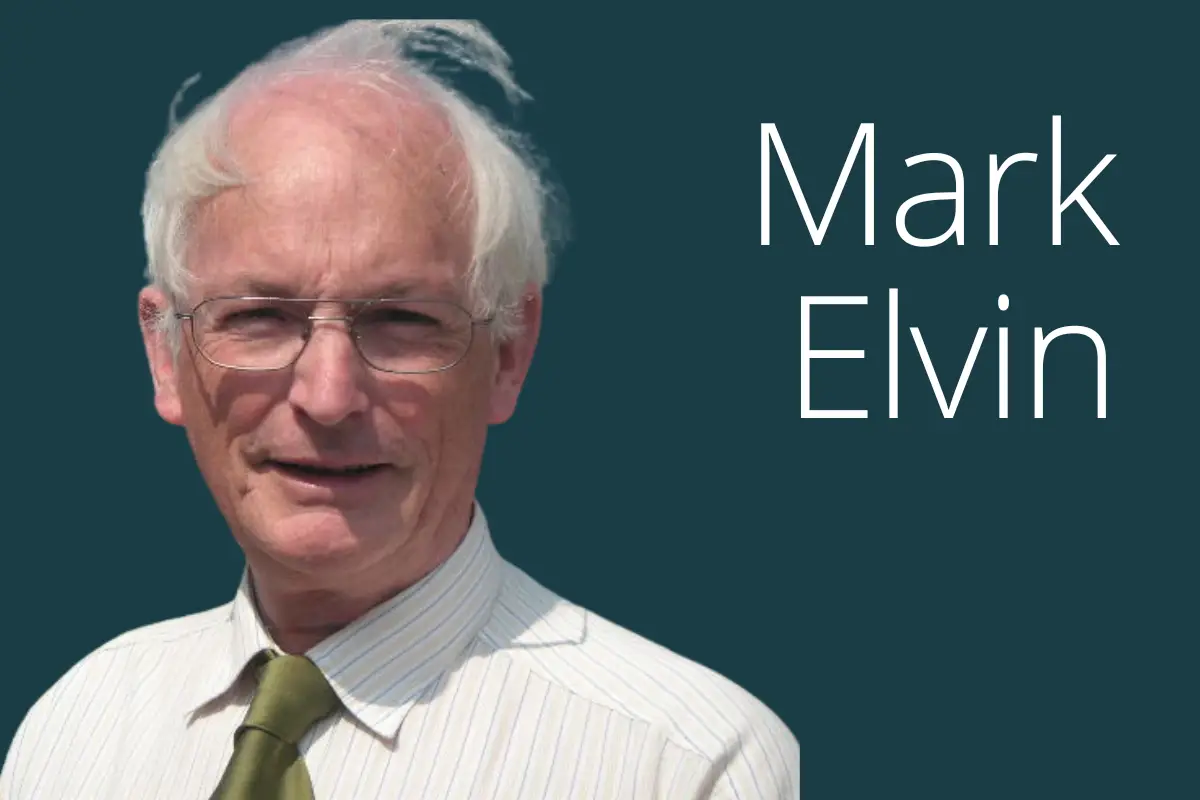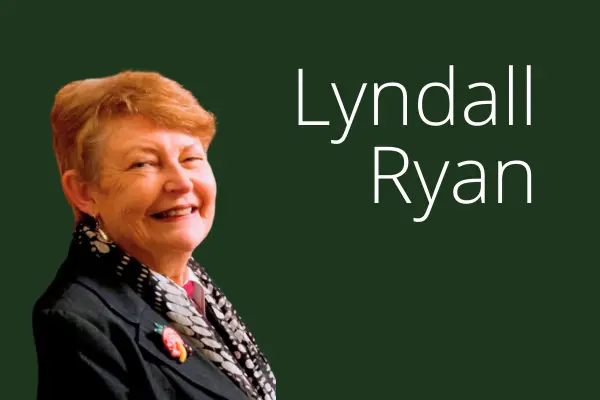 Alan Frost (29 March 1943 -12 April 2023) was one of Australia’s foremost historians of the origins and early history of Australia as a European settlement. His path to this area of specialisation was an indirect one. Born in Cairns and brought up in rural Queensland he retained a strong sense of place and his love of the landscape of Australia is apparent in his partly autobiographical East coast country: a North Queensland dreaming, (Melbourne University Press, 1996). Study at the University of Queensland was followed by a Ph.D. at the University of Rochester, New York State graduating in 1969 and moving to a post at La Trobe in 1970. His early studies were in English and reflected his love of poetry especially the Romantic poets. Connections between the Romantic poets and Pacific exploration led him to the study of history rather than English, a transition marked by his move from the School of English to the School of History at La Trobe in 1975.
Alan Frost (29 March 1943 -12 April 2023) was one of Australia’s foremost historians of the origins and early history of Australia as a European settlement. His path to this area of specialisation was an indirect one. Born in Cairns and brought up in rural Queensland he retained a strong sense of place and his love of the landscape of Australia is apparent in his partly autobiographical East coast country: a North Queensland dreaming, (Melbourne University Press, 1996). Study at the University of Queensland was followed by a Ph.D. at the University of Rochester, New York State graduating in 1969 and moving to a post at La Trobe in 1970. His early studies were in English and reflected his love of poetry especially the Romantic poets. Connections between the Romantic poets and Pacific exploration led him to the study of history rather than English, a transition marked by his move from the School of English to the School of History at La Trobe in 1975.
As an historian his distinctive contribution was a forensic examination of the available records and a willingness to use them to question prevailing views. His first major work Convicts and empire: a naval question, 1776–1811 (Melbourne University Press, 1980) argued for imperial and strategic concerns rather than the disposal of convicts as the primary motive for British intrusion into Australia. Accompanying this was a number of early publications examining early proposals for British colonisation notably Dreams of a Pacific Empire: Sir George Young’s proposal for a colonization of New South Wales (1784–5) (Resolution Press, 1980) and The Precarious Life of James Mario Matra – Voyager with Cook, American Loyalist, Servant of Empire (Miegunyah Press, 1995).
Questioning of the received interpretations of the beginnings of New South Wales prompted his Botany Bay mirages: illusions of Australia’s convict (Melbourne University Press, 1994) which argued for a greater measure of planning and purpose in the conduct of the First Fleet and its aftermath than was commonly allowed.
His focus on the first fleet had earlier led to a biography of Arthur Phillip, Arthur Phillip 1738–1814: his voyaging, (Oxford University Press, 1987) which uniquely revealed the extent of Phillip’s career spanning service in South America aa well as Australia. With a secure base in the history of Australian colonial settlement he widened his focus to include it in more globally oriented perspectives of British imperialism in the period between the Seven Year’s War (1756-63) and the end of the Napoleonic Wars in 1815. This was reflected in such works as The Global Reach of Empire: Britain’s maritime expansion in the Indian and Pacific Oceans 1764–1815, (Miegunyah Press, 2003) and The Atlantic world of the 1780s and Botany Bay: The Lost Connection, Bundoora, Melbourne, La Trobe University, 2008.
After his retirement in 2008 he wrote a number of books which once again sought to set the record straight on Australia’s early colonial origins doing so in a way that could relate to a general audience. The titles of these two books make plain his goals: Botany Bay: The Real Story, Melbourne, Black Inc., 2011 and The First Fleet: The Real Story, Melbourne, Black Inc., 2011. He also drew together a number of his articles on William Bligh and the famous mutiny on the Bounty in his Mutiny, Mayhem, Mythology. Bounty’s Enigmatic Voyage, Sydney University Press, 2018. One of his abiding legacies was to assemble his documentary scrutiny of the key years of Australian colonisation in what came to known as the Frost archive. This comprises over 2500 documents from Britain, Portugal, South Africa, Brazil, Argentina, New Zealand, the United States and Australia and is accessible via the State Library of New South Wales’s website.
Alan was no solitary scholar. He had an active career both as a teacher and an administrator at La Trobe serving as both head of department and school. As an institution builder he left his mark as Pro-Vice-Chancellor and inaugural head of La Trobe’s Mildura Campus. There he established local links which included involvement in the Mildura Writers’ Festival. He is survived by his daughters, Melissa and Clea, son-in-law Derek, beloved grandsons Jasper and Dexter, brother Neil, sister-in-law Jenny, and nieces Kathryn, Tara and Emily.
John Gascoigne FAHA
University of New South Wales



